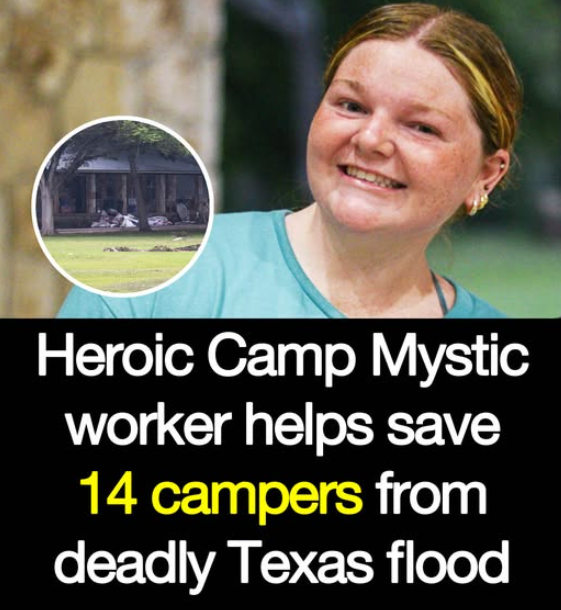What began as a joyful night of music and dance at one of the Dominican Republic’s most beloved nightspots ended in heartbreak and devastation. In the early hours of Tuesday morning, the iconic Jet Set nightclub in Santo Domingo became the site of a catastrophic collapse, claiming the lives of at least 99 people and injuring over 150 others.
The club, renowned for its role in the country’s vibrant merengue scene, was filled with hundreds of guests—celebrities, public figures, and everyday revelers alike—there to enjoy a live concert. But shortly before 1 a.m., the unthinkable happened: the roof gave way, crashing down in a deafening roar that silenced the music and plunged the crowd into chaos.
Merengue legend Rubby Pérez had just taken the stage. Moments later, the ceiling crumbled above him. His manager, overcome with grief, confirmed that Pérez did not survive. Among the debris, the sound of music was replaced by screams, falling concrete, and then—an eerie, terrible silence.
As rescue teams raced against time, the death toll continued to climb. Two names stood out among the fallen—former Major League Baseball players Octavio Dotel and Tony Blanco.
Dotel, 51, had carved out a remarkable legacy in baseball history, playing for a record 13 MLB teams and capturing a World Series title with the St. Louis Cardinals in 2011. His story was one of grit and resilience—rising from childhood trauma and the tragic loss of his father to become a hero to Dominican fans. “I think God helps me because I’m here,” he once said in an interview, reflecting on the long road that led him to the major leagues. On Tuesday morning, his journey came to a sudden and sorrowful end beneath the rubble of the nightclub.
Tony Blanco, a former infielder with the Washington Nationals, was also among the dead. Known for his powerful swing and calm demeanor, Blanco found success not only in the United States but also abroad, playing in Japan and Mexico. His quiet presence and steady work ethic had earned him deep respect across the baseball world.
Another life lost was that of Nelsy Cruz, governor of Montecristi province and sister of MLB star Nelson Cruz. In a heartbreaking detail shared by First Lady Raquel Arbaje, Nelsy had managed to call the president from beneath the wreckage at 12:49 a.m., desperate and trapped. Despite efforts to save her, she later passed away in the hospital.
Rescue operations began within minutes of the collapse and continued through the day. Firefighters, emergency responders, and volunteers worked tirelessly—some with heavy equipment, others with bare hands—to search for survivors. Juan Manuel Méndez, director of the country’s emergency operations center, vowed that the search would not stop until every voice was heard. “We won’t rest,” he promised. “We’re listening for any sign of life.”
Amid the chaos, haunting testimonies emerged. A surviving band member described the moment as if the earth itself had cracked open. “It felt like an earthquake,” he said, shaken and dazed. “The place was packed. There was nowhere to run.”
Standing outside the wreckage, Enrique Paulino, Rubby Pérez’s longtime manager, gave a tearful statement, his shirt stained with blood from trying to help others. The band’s saxophonist, a friend and colleague, had been killed instantly.
Authorities have now launched a formal investigation into the structural integrity of the building. Questions loom: When was it last inspected? Were warning signs missed or ignored? As the nation demands answers, the grief remains raw.
Outside the crumbled venue, families wait—some with hope, others with mourning. A place once alive with music and dancing has become sacred ground for remembrance. The Dominican Republic is in mourning, and a nation that so often finds joy in rhythm and celebration is now united in sorrow.
The music may have stopped, but the lives lost that night will echo through hearts and history for years to come.










